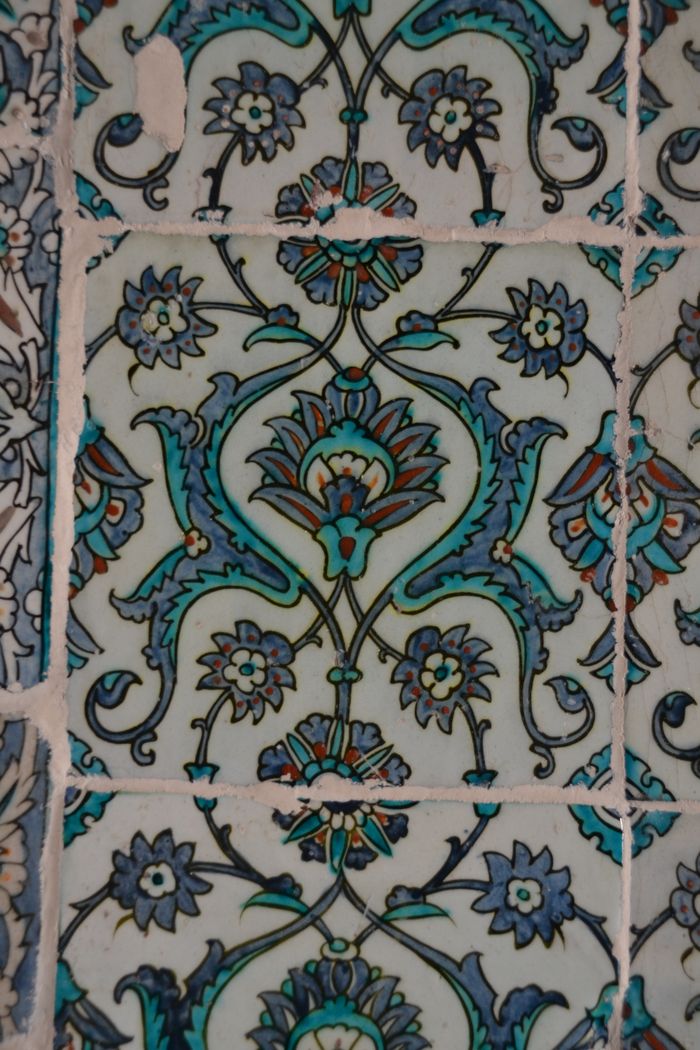70. It should be superfluous to interrupt the main thread of my history at this point, by dilating on the tremendous effect her death produced on the emperor, his lamentations, and the way he behaved. It would be of no real value to describe how, overcome by his sorrow, he expressed the grief he felt like a child. It is no part of the historian’s duty to give a minute account of all that is said or done, nor is he required to write on what are comparative trifles. Where details are of little consequence, they belong to the province of the critic; where they give occasion for praise, it is the panegyrist who must use them.
If I have a few times made use of details myself –the sort which I am advising historians to shun — that need cause no surprise, for the province of history has no positive, clearlydefined, boundaries. There may be places where it is even right to indulge in digression or parenthesis. For all that, the historian should waste no time in returning to his narrative. The important thing is to concentrate on the subject, and treat everything else with reserve.
71. So I think I am justified in passing over the details in this case, and as for the chief thing that resulted from his mourning — the tomb which he built to commemorate her — I will not refer to that yet. It shall be dealt with in the proper place, after I have first given an account of all the matters that preceded her death.
On separate occasions
The fact is, in touching on the matter of Sclerena and in priding myself that her story had been told in its entirety, I have omitted many remarkable things that happened before she died. The reason why I did this was to avoid the necessity of referring to her on separate occasions and so breaking up the continuous narrative. Anyhow, as far as she is concerned, the story ends at the moment when she departed this life. We will return once more to the emperor, the hero of this part of my history.
72. More than once already I have remarked that Constantine was like a man who had fought the waves in a great storm, and then put in to a shore where all was peace, the calm waters of an imperial harbour, and he had no intention of sailing the high seas a second time. In other words, he wanted to rule his empire in peace, and not fight any wars, exactly like most of the emperors before him. Unfortunately, affairs do not usually follow the course we would prefer. A stronger power, beyond our control, presides over human destiny and guides it according to His plans.
Read More about Zoe and Theodora part 94








